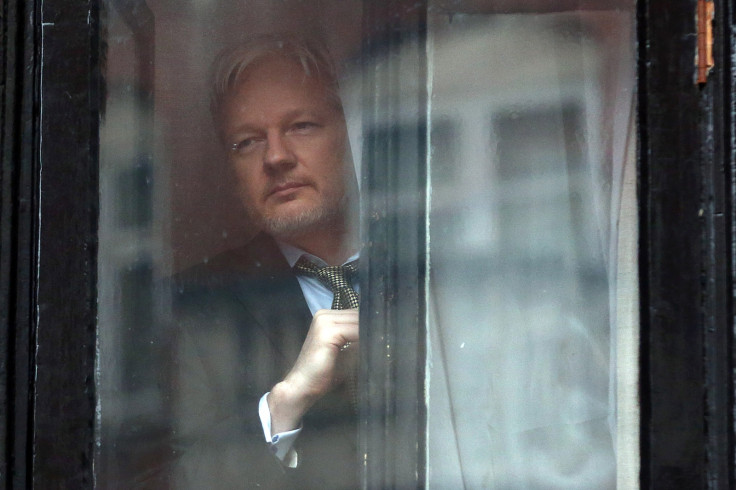WikiLeaks website suffers mysterious outage sparking Rule 41 hacking conspiracy
The website was offline for roughly four hours on 1 December.

Whistleblowing website WikiLeaks suffered a mysterious outage on the morning of 1 December for roughly four hours, two days after posting its release of a searchable database of 60,000 emails from US government contractor HBGary.
The website reportedly went down at around 4:00am (GMT), with some social media users quickly speculating it was the result of yet another distributed-denial-of-service (DDoS) assault – a form of cyberattack that sends waves of traffic at a web server in order to force it offline. By 9:00am (GMT) the website had fully resurfaced.
"WikiLeaks is offline. Page no longer exists?!" one user wrote. Another said: "@WikiLeaks is down right now. Could be DDoS attack."
Meanwhile, a well-known account linked with Anonymous added: "Rule 41 happens and the first thing that goes down? WikiLeaks, of course, is currently unreachable."
Rule 41 is the newly-passed law in the US that permits the FBI and other agencies to conduct hacking-based investigations on multiple computers with a single warrant. Despite the claims of Anonymous, there is nothing to suggest it was related to any problems with WikiLeaks' website.
IBTimes UK contacted WikiLeaks for comment however had received no response at the time of publication. The outage comes after a slew of politically-charged leaks from the Democratic National Committee (DNC) and the personal email inbox of John Podesta, a close aide to Hillary Clinton.
In October, Julian Assange, the founder of the organisation, claimed that unknown forces within the "DC establishment" had attempted to disrupt WikiLeaks' operations via cyberattack after it released a collection of emails from the DNC.
"The US DC establishment – which believes that Hillary Clinton will be the winner of the election – tried to find different ways to distract from our publications," he said at the time, adding: "They started attacking our servers with DDoS attacks and attempted hacking attacks."
Rule 41 happens and the first thing that goes down? Wikileaks, of course, is currently unreachable pic.twitter.com/k17CGW3VqQ
— Anonymous (@YourAnonNews) December 1, 2016
Later, on the morning of 7 November, after publishing 8,000 more DNC emails, WikiLeaks issued a series of updates to its four million-strong follower base about yet another attack. It said: "WikiLeaks.org was down briefly. That's rare. We're investigating."
Later, it added: "Our email publication servers are under a targeted DoS attack."
Most recently, Assange renewed his effort to be allowed to exit the Ecuadorian embassy in London after a United Nations (UN) panel reinforced an earlier ruling that he was being arbitrarily detained. The decision came down after an appeal by the UK government.
"Now that all appeals are exhausted I expect that the UK and Sweden will comply with their international obligations and set me free," Assange said in a statement. "It is an obvious and grotesque injustice to detain someone for six years who hasn't even been charged with an offence."
© Copyright IBTimes 2025. All rights reserved.






















